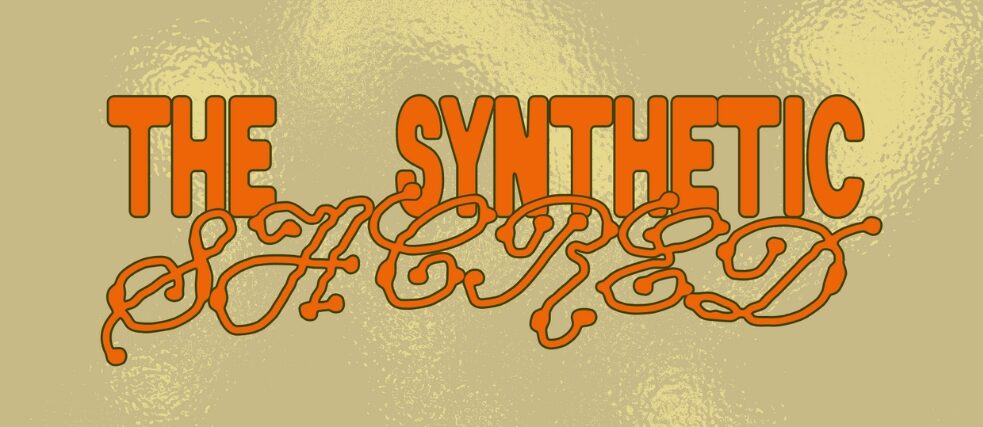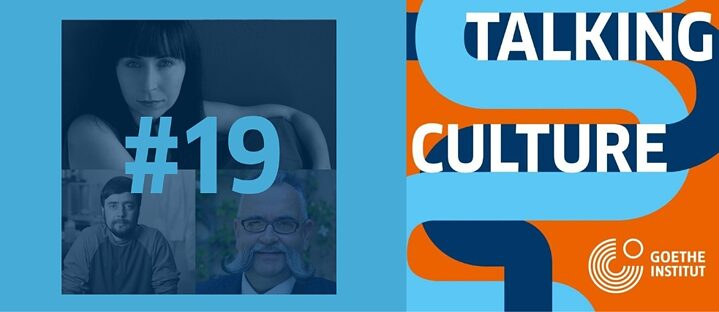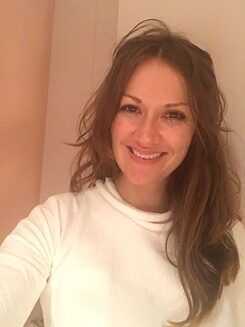Podcast: Talking Culture Episodes
Through two special editions of the Talk Culture podcast, curated by Lucy Rose Sollitt, we delve into the Synthetic Sacred looking at some of our most high-tech creations - in particular, biodigital convergence and the emergence of synthetic life.
The discussions grapple with questions of control, harmony, and emergent relationships between synthetic and natural forms of life, offering listeners a thought-provoking journey into the complexities of these evolving paradigms.
Our guests are: artists Agnieszka Kurant and Anicka Yi, scientists Johannes Vogel and Michael Levin, and Mohawk scholar, Keith Williams.
Episode 20 will be published at the end of May 2024.
Curator
Lucy Rose Sollitt is an experienced researcher and cultural programmer, specialising in innovatively merging art, technology, and ecosystemic change. Lucy’s career is dedicated to forging new narratives for sustainable development that prioritise restoration, kinship, and flourishing. Originally trained as a philosopher, Lucy approaches art as a form of felt knowledge and a gathering point for exploring alternative ideas for how things can be.
Lucy’s work includes writing, cultural programming, innovation strategy, funding and policy design. Lucy works with organisations ranging from Serpentine Galleries, Rhizome, Rupert and FACT, to the Goethe Institut, DACS, Creative United and the British Council. She previously led on Creative Media at Arts Council England (London office) and digital innovation lead for DCMS. She has worked for organisations including Tate Modern, the Mayor of London and the RSA. She regularly participates in panel discussions in the UK and internationally, lectures at Christie’s and the Royal College of Art, and mentors artists independently and for SPACE Studios and Somerset House Studios. Lucy is an Advisory Board member for Furtherfield and is based at Somerset House, London.


